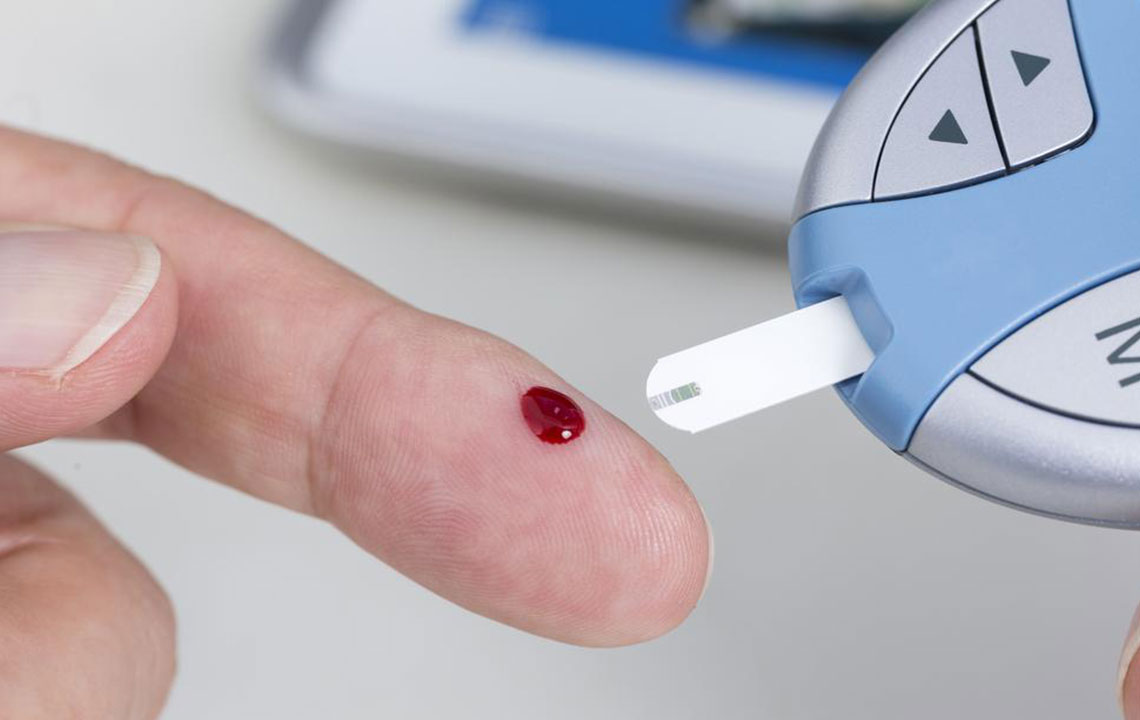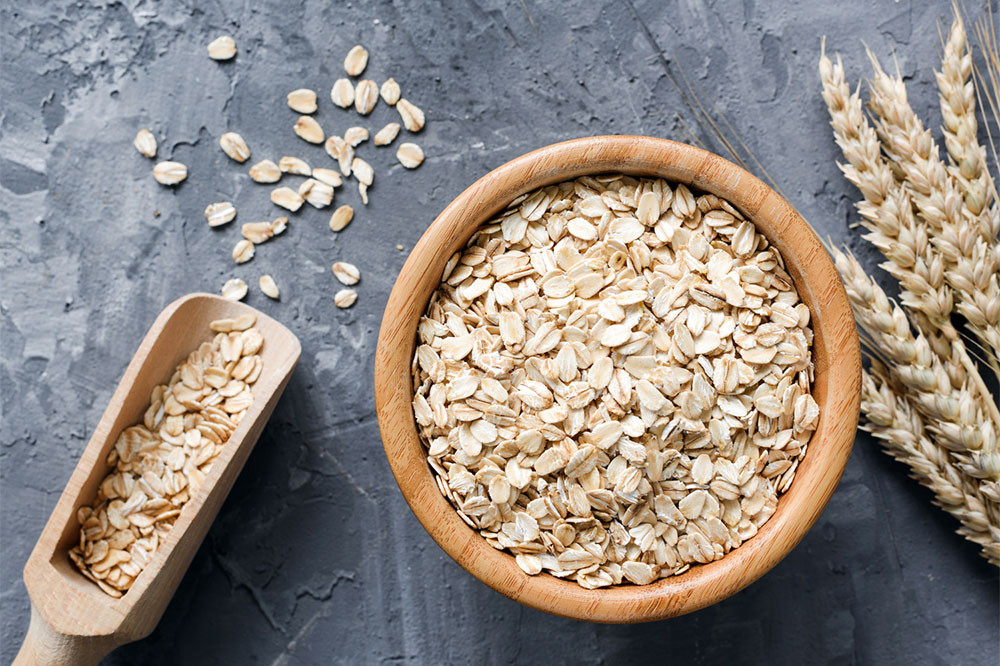Smart Strategies to Maintain Healthy Blood Glucose Levels
Learn how to effectively manage blood sugar levels through diet, exercise, medication, and lifestyle changes. This guide offers practical tips for diabetics to maintain healthy glucose levels, preventing complications and promoting overall well-being.
Sponsored

Blood sugar control hinges on insulin, a hormone produced by the pancreas. After eating, blood glucose rises and prompts insulin release to facilitate sugar absorption, bringing levels back to normal. In people with insulin issues, blood sugar remains elevated longer, risking organ, nerve, and eye damage. Keeping blood sugar within a healthy range is crucial for diabetics. Normal fasting blood sugar is below 100 mg/dL, peaking around 140 mg/dL after meals. Diabetics may experience levels over 200 mg/dL fasting.
Effective management combines proper diet, regular exercise, and consistent monitoring. Key tips include:
Balanced Nutrition: Focus on healthy carbs like fruits, legumes, grains, and dairy. Limit processed carbs such as white bread and sugary treats.
Combine Carbohydrates with Fats & Proteins: This slows sugar absorption, stabilizing blood glucose. Incorporate vegetables, lean proteins, and whole grains.
Protein-Rich Breakfast: Consuming 25-30 grams of protein in the morning can lower post-meal blood sugar spikes, with options like egg whites and low-fat cheese.
Portion Control: Smaller meals prevent rapid spikes. Incorporate snacks like nuts for balanced nutrition and weight management.
Physical Activity & Weight Management: Exercise enhances insulin efficiency and glucose uptake, aiding in blood sugar regulation. Maintaining a healthy weight reduces diabetic risks. Avoid overeating by eating only when hungry and steering clear of emotional or habitual snacking.
Alcohol & Medications: Alcohol can lower blood sugar, so moderation and pre-consumption testing are advised. Consult a healthcare professional before medication, and always stick to your prescribed schedule to sustain stable levels.
Monitoring blood sugar regularly is vital in preventing complications of hyperglycemia. Drastic fluctuations can harm many vital organs. A balanced diet, consistent exercise, medication adherence, and medical guidance are essential tools for optimal blood glucose management.






